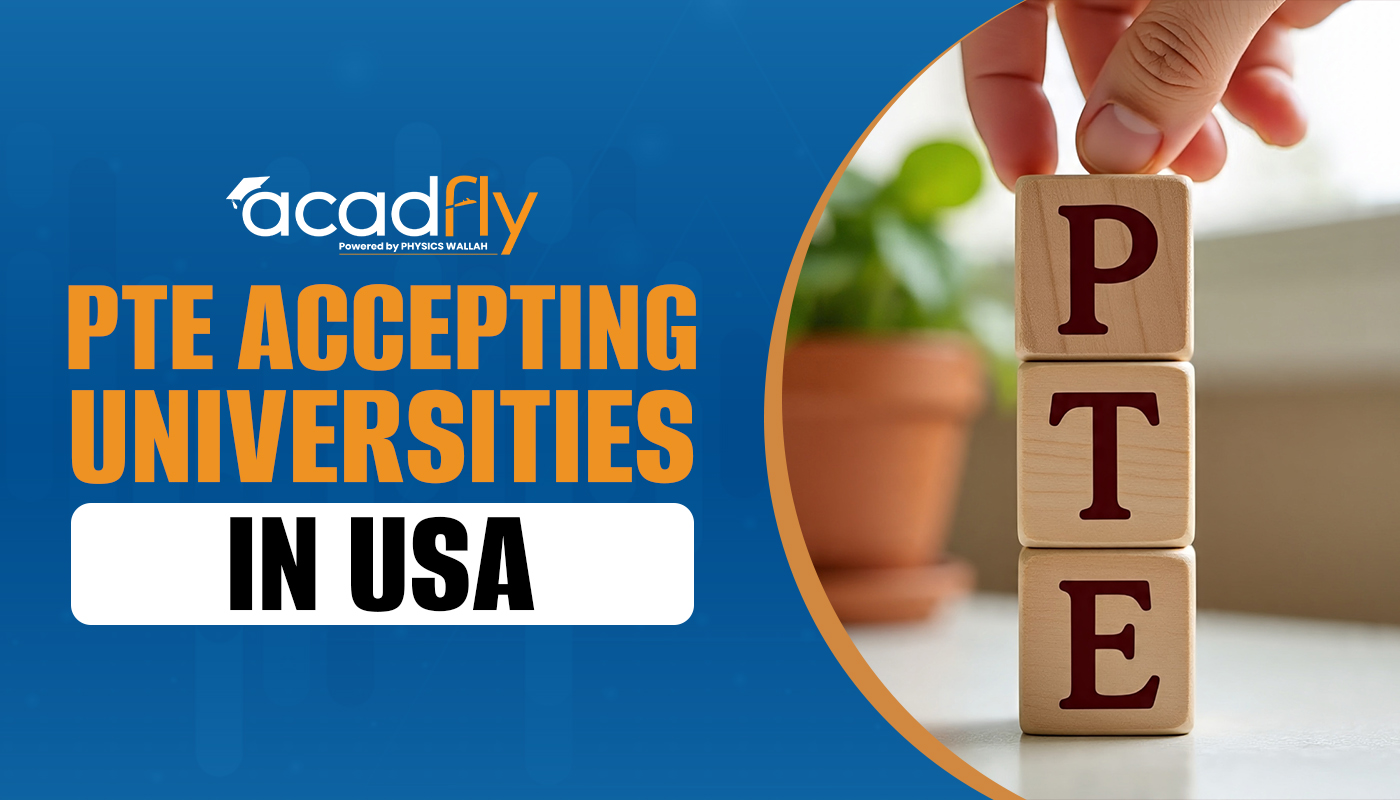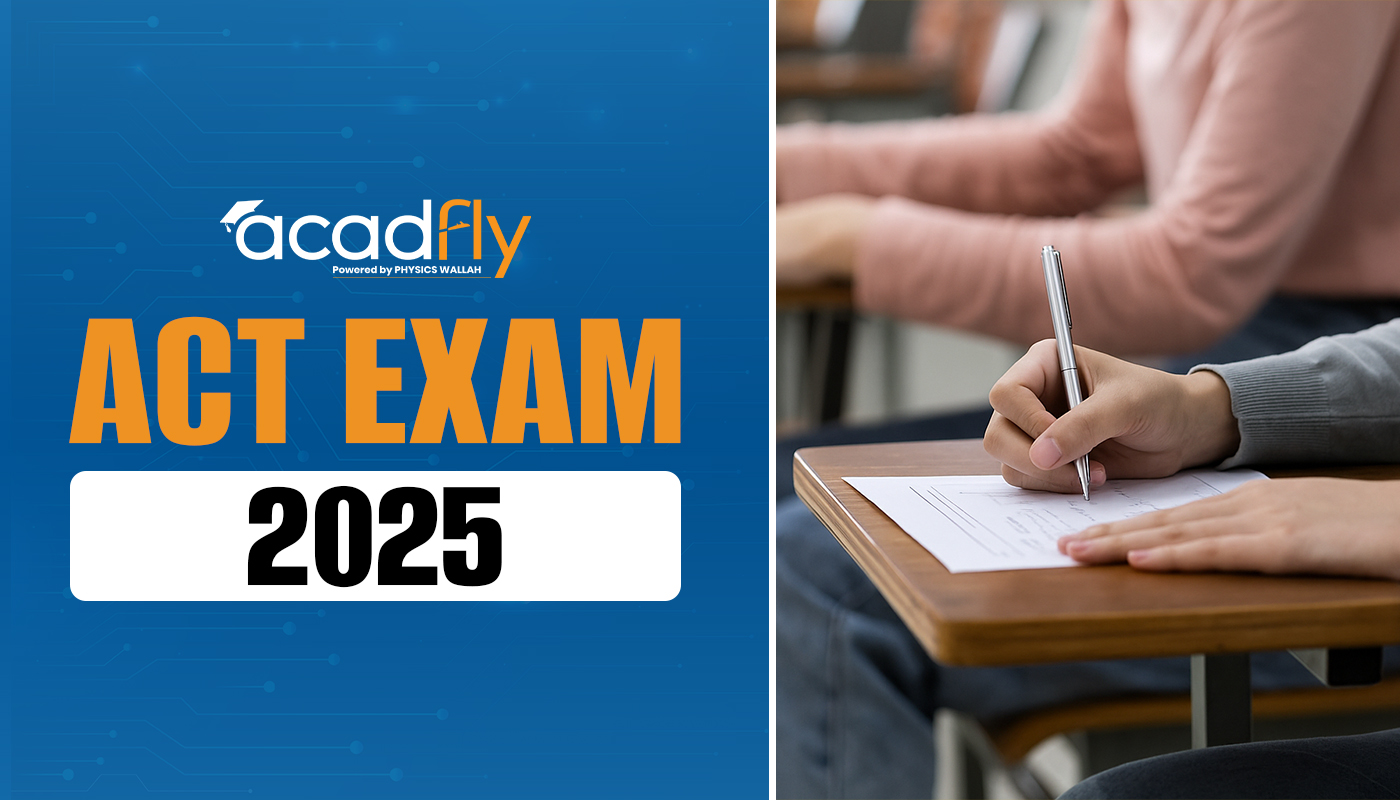
Finding part-time jobs for international students in the US is a significant aspect of studying abroad. It not only helps with managing living expenses but also provides valuable work experience and a chance to immerse in the local culture. International students on F-1 visas have specific work opportunities available, including on-campus jobs and certain off-campus roles with proper authorization. Understanding these options and the associated regulations can enhance your study experience and support your financial needs while you pursue your education in the US.
Work on F-1 Visa Regulations and Opportunities
For international students in the US, finding part-time jobs is an important way to support themselves financially while studying. Part-time jobs for international students in the US can help cover living expenses and provide practical work experience. These jobs not only offer a source of income but also help students gain skills and integrate into the local community.
International students on F-1 visas have specific rules regarding employment. They are generally allowed to work on campus without needing special permission. This includes roles in libraries, cafeterias, and administrative offices. These jobs are convenient as they are located within the university and often offer flexible hours that fit around class schedules.
Off-campus work is also possible, but it requires additional authorization. Students can work off-campus through programs like Optional Practical Training (OPT) or Curricular Practical Training (CPT). OPT allows students to work in their field of study after completing their degree, while CPT provides work opportunities related to their academic program while they are still studying.
Understanding and adhering to the regulations for part-time jobs for international students in the US is crucial. It's important to consult with your university's international student office to ensure that any work you undertake complies with visa requirements. This way, you can take advantage of the benefits of working while ensuring you remain in good standing with your visa status.
Jobs for Students in the US Finding and Securing Part-Time Positions
For international students in the US, various part-time job opportunities are available that cater to different interests and skills. The table below outlines some common job options, their typical roles, and the pros and cons associated with each.
|
Job Type |
Typical Roles |
Pros |
Cons |
|
On-Campus Jobs |
Library assistant, campus tour guide, cafeteria worker |
Convenient location, flexible hours |
Limited to campus, may offer lower pay |
|
Research Assistant |
Assisting professors with research projects |
Valuable academic experience, potential networking |
Requires specific academic background, the workload can be high |
|
Teaching Assistant |
Helping with grading, leading discussion groups |
Academic experience, often related to the field of study |
Requires approval from the department, can be demanding |
|
Internships |
Part-time roles in companies related to the field of study |
Practical experience enhances a resume |
Requires CPT authorization if during the semester, may be competitive |
|
Retail |
Working in stores or shops |
Flexible hours, opportunities to interact with locals |
Off-campus work authorization is needed, which may involve irregular hours |
|
Food Service |
Working in restaurants, cafes, or fast-food outlets |
Flexible hours, and tips may increase earnings |
Off-campus work authorization needed, can be physically demanding |
|
Administrative Assistant |
Clerical tasks, scheduling, data entry |
Office experience, the potential for networking |
May require specific skills or prior experience |
|
Tutoring |
Providing academic help to fellow students |
Good pay helps reinforce your knowledge |
Requires a strong understanding of the subject matter |
|
Campus Ambassador |
Promoting campus events, guiding prospective students |
Builds communication skills, flexible hours |
May require attending events outside regular hours |
|
Freelancing |
Graphic design, writing, programming |
Flexible work hours can be done remotely |
Requires self-discipline, may have inconsistent income |
US Employment for International Students Rules and Options
Understanding the rules for US employment for international students is crucial for maintaining your visa status and making the most of your work opportunities. Here are the key regulations to keep in mind:
F-1 Visa Work Restrictions
International students on an F-1 visa have specific work limitations. Generally, they are allowed to work up to 20 hours per week during the academic term and full-time during breaks. This helps ensure that work does not interfere with their studies.
On-Campus Employment Guidelines
Students on an F-1 visa can work on campus without special authorization. This includes roles such as library assistant, cafeteria worker, or campus tour guide. Work is typically limited to the university or its affiliated locations.
Off-Campus Work Authorization
For off-campus work, students must obtain authorization through Optional Practical Training (OPT) or Curricular Practical Training (CPT). OPT is available after completing a degree, while CPT allows work related to the academic program during studies.
Application for Work Authorization
To apply for OPT or CPT, students need to work with their university’s international student office. They must submit the required forms and documentation to the U.S. Citizenship and Immigration Services (USCIS) or the Designated School Official (DSO) for approval.
Reporting Requirements
Students must report their employment details to their university’s international student office and update any changes in their job status or address. Failure to comply with reporting requirements can jeopardize their visa status.
Campus Jobs in the US Types and Benefits for International Students
Campus jobs provide valuable work experience and financial support for international students in the US. They offer a convenient way to balance work with academic commitments. Here are the types of campus jobs available and their benefits:
Library Assistant Positions
Working as a library assistant involves tasks like shelving books, checking out materials, and assisting library patrons. This job offers a quiet work environment and flexible hours, making it ideal for students with busy schedules. It also provides a chance to familiarize yourself with campus resources.
Cafeteria Worker Roles
Cafeteria worker positions include serving food, cleaning dining areas, and assisting with meal preparation. These roles offer opportunities to meet other students and faculty and can provide a steady source of income. Additionally, the work is often flexible, fitting around class schedules.
Administrative Support Jobs
Administrative support roles involve tasks such as data entry, filing, and answering phones in various university departments. These positions offer valuable office experience, which can enhance your resume and professional skills. They also often provide a stable work environment.
Campus Tour Guide Positions
As a campus tour guide, you'll lead prospective students and their families around the university, showcasing the campus and answering questions. This job helps develop communication and public speaking skills while offering a chance to promote your university. It’s also a great way to meet new people.
Research Assistant Roles
Research assistant positions involve assisting faculty with academic research, data collection, and analysis. These roles provide hands-on experience in your field of study, which can be highly beneficial for your future career. It also allows you to build relationships with faculty and peers in your academic area.
Part-Time Work Permits US Application and Eligibility for Students
Navigating part-time work permits in the US involves understanding the application process and meeting eligibility requirements. Here’s what you need to know to ensure you comply with visa regulations and secure your work opportunities:
F-1 Visa Work Authorization
International students on an F-1 visa are eligible for part-time work authorization under certain conditions. They can work on-campus without additional permits, but for off-campus employment, they must apply for Optional Practical Training (OPT) or Curricular Practical Training (CPT). Approval from the Designated School Official (DSO) is required.
Applying for OPT
To apply for Optional Practical Training (OPT), students must submit their application to the U.S. Citizenship and Immigration Services (USCIS) after receiving a recommendation from their university’s international student office. The application process includes filling out Form I-765 and providing the necessary documentation. OPT allows for up to 12 months of work in the student's field of study.
Applying for CPT
Curricular Practical Training (CPT) requires students to apply through their university and obtain authorization from the DSO. CPT is intended for work that is integral to the student’s academic program and can be completed during their studies. Students must secure a job offer related to their field of study before applying.
Eligibility Criteria
Eligibility for OPT and CPT requires maintaining full-time student status and good academic standing. Students must have completed at least one academic year of study and be enrolled in a program that offers practical training opportunities. Specific requirements may vary based on the program and university.
Reporting and Compliance
Once work permits are obtained, students must adhere to reporting requirements, including notifying their university of any changes in employment status or address. Failure to comply with these regulations can impact visa status and future work opportunities.
Frequently Asked Questions
1. Can international students work part-time while studying in the US?
2. What is the maximum number of hours international students can work per week?
3. How do I apply for Optional Practical Training (OPT)?
4. What are the eligibility requirements for Curricular Practical Training (CPT)?
5. How do I find on-campus job opportunities?










